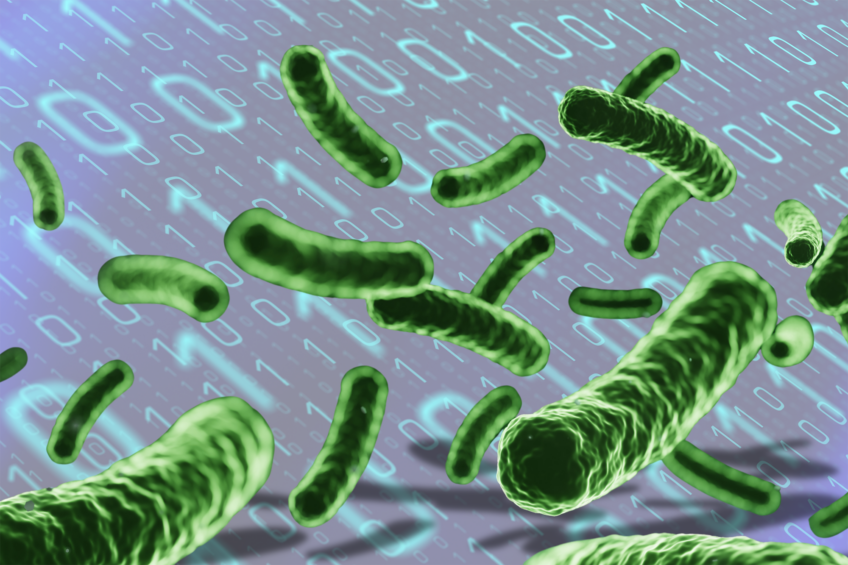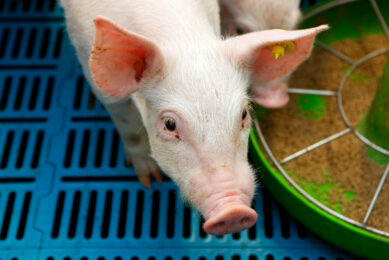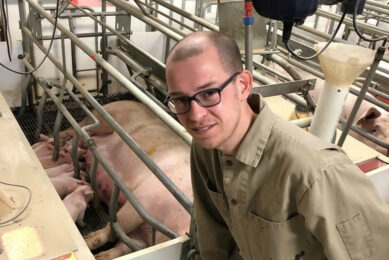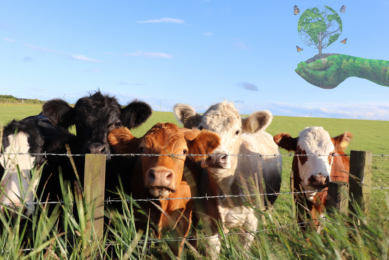New algorithm designs optimal probiotics for animal health

A group of researchers from Soyuzsnab, a prominent Russian food company, has developed a system that can create the best possible mathematically verified probiotic formulations.
This system is based on mathematical algorithms and is called to eliminate competition between bacteria, enhance their beneficial properties and open up new opportunities for regulating the animal microbiome, the scientists said, adding that it could also be used in regulating human nutrition.
Addressing bacterial competition issues
The key idea laid into the foundation of the new approach is that different probiotic strains can compete with each other, lowering each other’s effectiveness.
Digital model predicts probiotic behaviour
The scientists developed a digital model that predicted how the probiotic strains would behave and what the result would eventually be.
Computational approach replaces trial methods
“Unlike the empirical method, where strains are selected by trial and error and subsequent adjustments, the computational approach analyses the behaviour of microorganisms even before creating a [probiotic] composition,” the researchers explained.
“Instead of a random selection, a precisely calculated formula is obtained, where each microorganism performs its role, and their joint work gives a predictable and stable effect,” the scientists added.
Targeted probiotics for health benefits
By leveraging different bacteria, the researchers have unlocked the potential to design probiotic additives with specific functions, such as bolstering the immune system, enhancing digestion, or reducing inflammation in animal bodies.
New generation of probiotics
Using the new tool, the scientists have developed a cocktail of probiotic strains that is claimed to be the most beneficial as a single feed additive.
Probiotic blend with 22 strains
The new solution includes 22 probiotic strains, including Lactobacillus reuteri, Lactobacillus acidophilus, Lactobacillus rhamnosus, Lactobacillus casei subsp casei, and Lactobacillus johnsonii. In addition, the additive comprises an expanded complex of bacteria of the genus Bifidobacterium.
Strains complement, not compete
“They work without competing but complementing each other, which increases their overall effectiveness. Together, they form a harmonious ecosystem capable of regulating the balance of microflora, strengthening the immune system and increasing the body’s metabolic resistance,” the scientists stated.
Soyuzsnab’s market leadership
Soyuzsnab has long been specialising in the production of feed probiotics and functional food products. The company is one of the leaders in the Russian feed probiotics market.
Upcoming trials and market impact
Looking ahead, the scientists are gearing up to initiate trials of the new additive. With the company’s assurance that the results will be positive, the new generation of probiotic complexes is poised to make a significant impact in the market.











